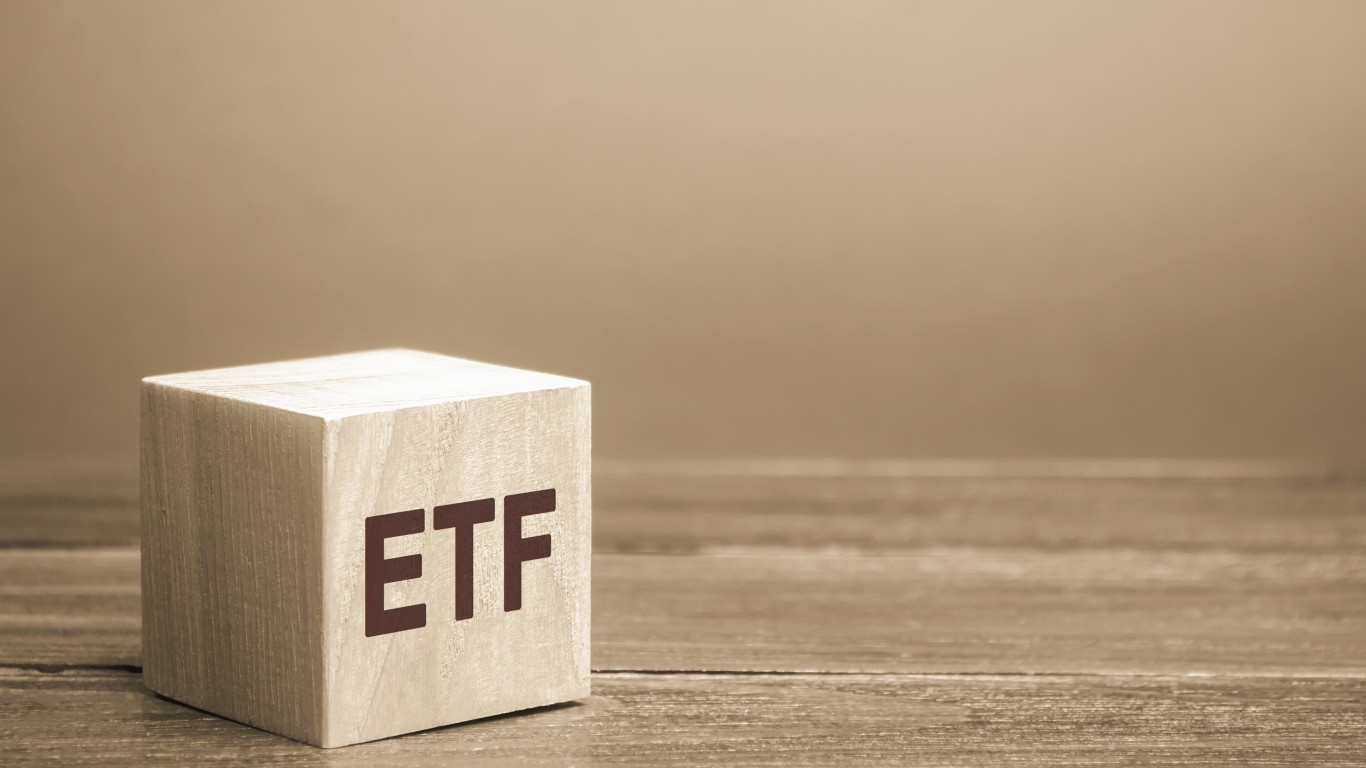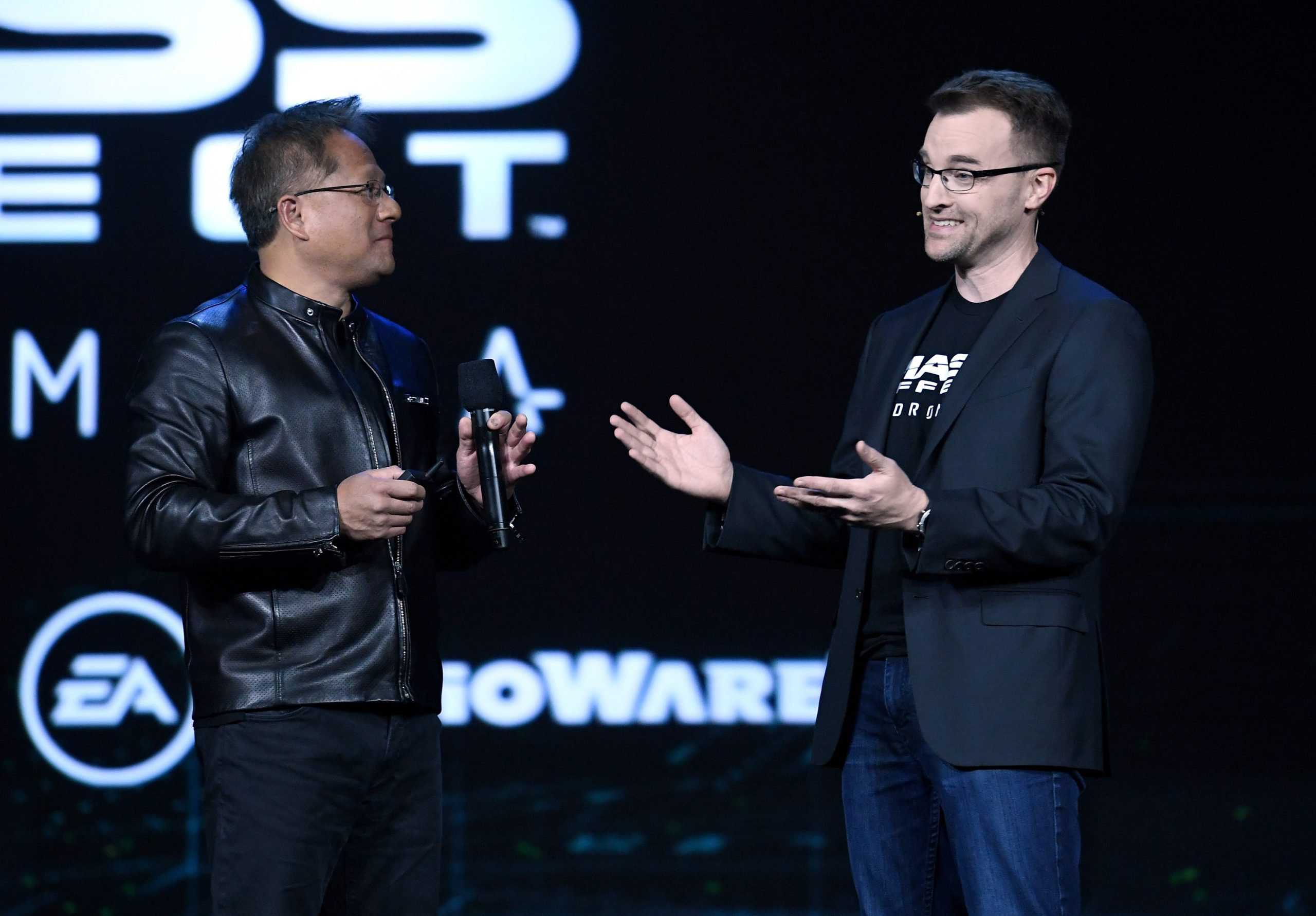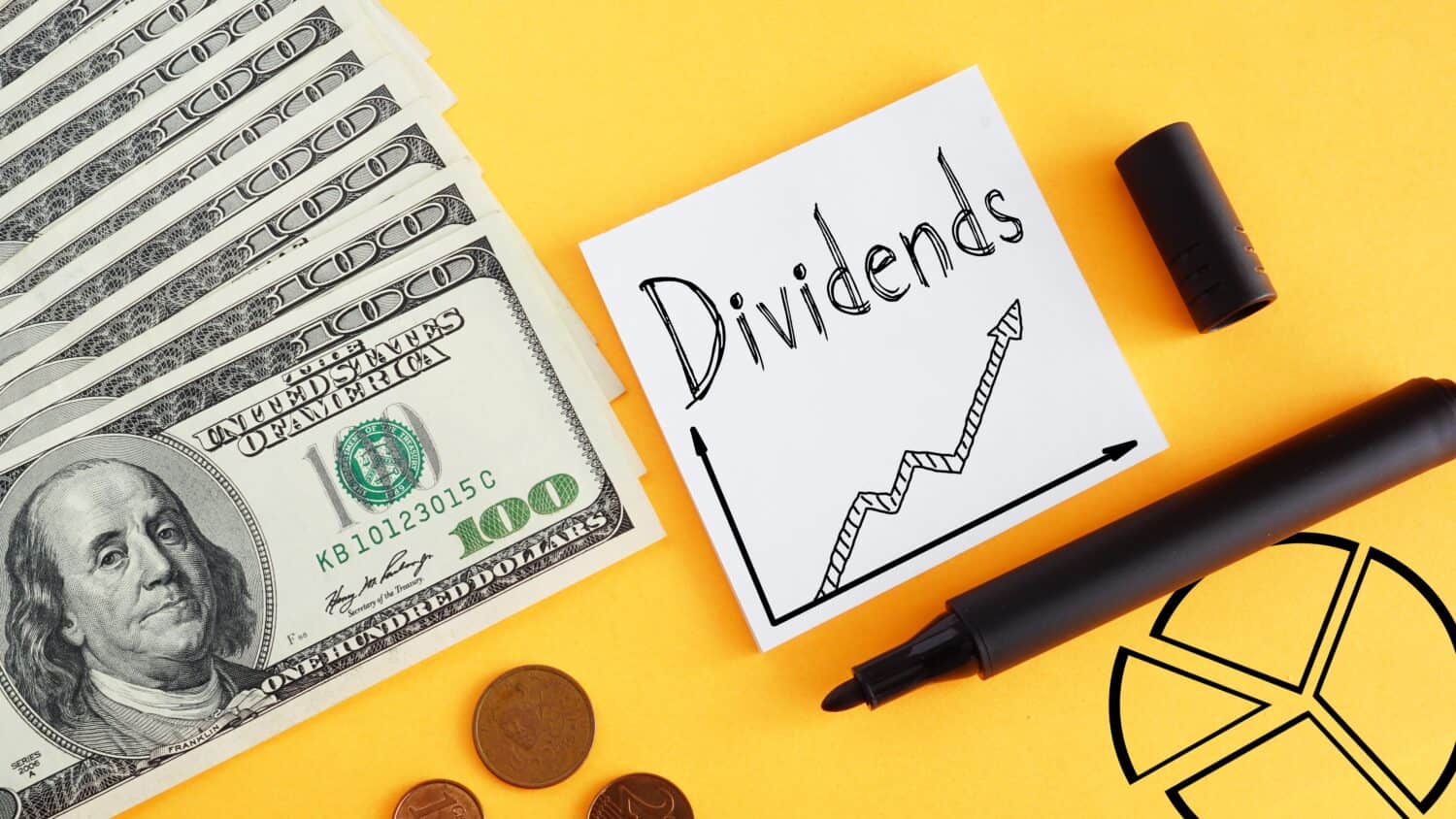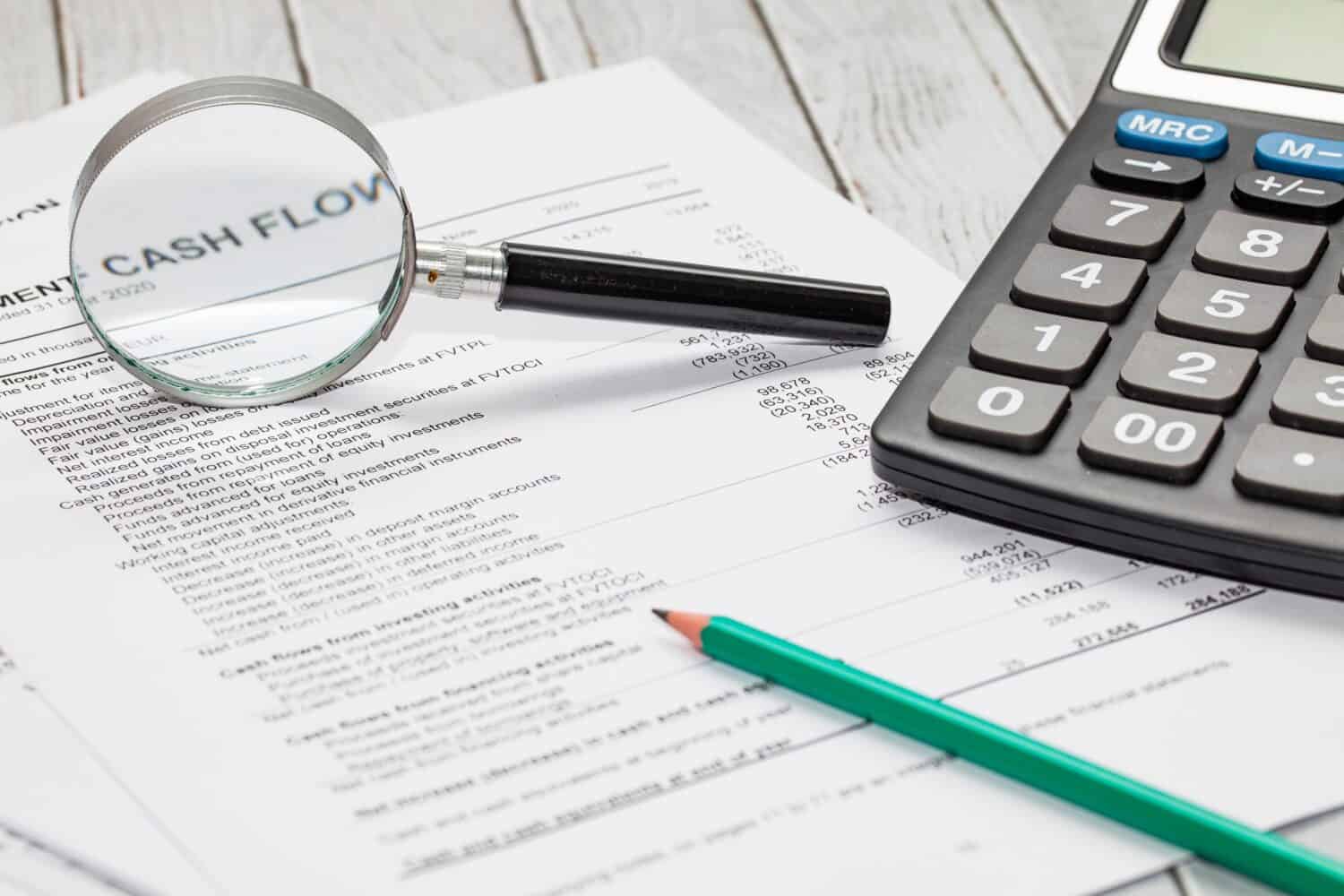
The S&P 500 dividend yield of 1.18% is the lowest since February 2001, according to a Nov. 12 article in Barron’s. Technology and financial stocks now account for 46% of the index.
Many of these stocks, especially the big tech names like Nvidia (NASDAQ:NVDA), yield very little from dividends. Suffice it to say that it’s not easy being a dividend investor right now, especially considering that the index’s yield in March 2009, at the bottom of the market correction resulting from the financial crisis, was 3.5x higher.
Today, one of the higher dividend yields from index constituents is Coca-Cola (NYSE:KO) at 3.1%. If you’re an income-focused investor, buying the beverage stock is tempting.
However, over the past five years, Coca-Cola’s annualized total return through Nov. 13 was just 6.49%, with most of the return from dividends. Investors should never forget that a stock’s total return is dividends plus capital appreciation. You want both.
So, if dividends are your thing, forget Coca-Cola and buy these dividend ETFs instead.
Key Points About This Article:
- Dividend investors can invest in technology stocks.
- Dividend ETFs don’t have to be expensive to deliver for investors.
- Free cash flow dictates dividend payouts and the other capital allocation levers companies pull to reward shareholders and grow.
- Sit back and let dividends do the heavy lifting for a simple, steady path to serious wealth creation over time. Grab a free copy of “2 Legendary High-Yield Dividend Stocks” now.
First Trust NASDAQ Technology Dividend Fund (TDIV)

While the First Trust NASDAQ Technology Dividend Fund (NASDAQ:TDIV) only yields 1.57%, it has an annualized total return of 16.15% over the past five years, more than double Coca-Cola’s, plus you get the diversification the ETF provides.
Since August 2012, TDIV has accumulated $2.9 billion in net assets in just over a decade. It charges a reasonable 0.50% or $50 per $10,000 invested.
The ETF tracks the performance of the Nasdaq Technology Dividend Index, a collection of tech stocks that trade on major U.S. exchanges, have market caps of $500 million or more, a minimum three-month average daily dollar trading volume of $1 million, is not in bankruptcy proceedings, and paid a dividend in the past 12 months that yields 0.5% or higher.
Approximately 80% of the 86 holdings are tech stocks, while 20% are telecom stocks. The index can hold up to 100 companies. The stocks in each group are weighted based on the dividend value, which is dividends paid per share within the past 12 months divided by the outstanding shares—a higher dividend value results in a higher weighting within the group. The index is reconstituted twice a year and rebalanced quarterly.
Morningstar gives it a four-star rating.
Schwab U.S. Dividend Equity ETF (SCHD)

The Schwab U.S. Dividend Equity ETF (NYSEARCA:SCHD) is an uncomplicated ETF tracking the performance of the Dow Jones U.S. Dividend 100 Index. It yields a healthy 3.37%, more than Coca-Cola.
The 100 dividend stocks in the index are selected from the Dow Jones U.S. Broad Market Index. It doesn’t allow REITs (real estate investment trusts), MLPs (master limited partnerships), preferred stocks and convertible shares.
To make the first cut into the top 100, a company must have paid dividends for at least 10 consecutive years, a minimum float-adjusted market cap of $500 million, and reasonable liquidity.
The stocks are then evaluated on four criteria: cash flow to total debt, return on equity, dividend yield, and 5-year dividend growth rate. No stock can weigh over 4%, and sectors are capped at 25%. The index is reconstituted once a year and rebalanced every quarter.
With a management expense ratio of 0.06%, it’s unsurprising that the ETF has nearly $66 billion in net assets. Despite tracking a passive index, it does rotate the portfolio once every 3.5 years.
The weighted average market cap of its holdings is $134.28 billion. The top 10 holdings account for 41% of its net assets. The top three sectors by weight are financials (18.20%), health care (15.83%), and consumer staples (14.02%). Coca-Cola accounts for 3.32% of the portfolio.
SCHD has a five-year annualized total return of 12.88%, double Coca-Cola’s.
Pacer US Cash Cows 100 ETF (COWZ)

The Pacer US Cash Cows 100 ETF (Cboe BZX:COWZ) is my favorite ETF, dividend or otherwise. Pacer ETFs are one of my favorite ETF providers, period.
Morningstar rates this particular ETF five stars. It’s not a “dividend” ETF per se. Still, its focus on free cash flow ensures plenty of cash is available at the 102 companies in the fund to pay them, along with share repurchases, acquisitions, debt repayment, and internal investment. It’s Capital Allocation 101.
The ETF tracks the performance of the Pacer US Cash Cows 100 Index. The selection process starts with the Russell 1000 Index. The 100 stocks from the Russell 1000 with the highest free cash flow yields—defined as free cash flow from the trailing 12 months divided by enterprise value—are then weighted based on their free cash flow from the trailing 12 months, with a 2% cap on each stock. The index is reconstituted and rebalanced quarterly.
So, ultimately, while the Russell 1000’s average free cash flow yield is 2.95%, the index’s average is 8.13%, with a P/E ratio of less than half.
COWZ charges 0.49%, a bargain considering that its annualized total return over the past five years was 16.88%, 10.4 percentage points better than Coca-Cola.
It might be okay to hold KO forever, as Warren Buffett seems to have done, but COWZ is a much better play for regular investors. It yields a reasonable 1.83% on top of its capital appreciation.
Take Charge of Your Retirement In Just A Few Minutes (Sponsor)
Retirement planning doesn’t have to feel overwhelming. The key is finding expert guidance—and SmartAsset’s simple quiz makes it easier than ever for you to connect with a vetted financial advisor.
Here’s how it works:
- Answer a Few Simple Questions. Tell us a bit about your goals and preferences—it only takes a few minutes!
- Get Matched with Vetted Advisors Our smart tool matches you with up to three pre-screened, vetted advisors who serve your area and are held to a fiduciary standard to act in your best interests. Click here to begin
- Choose Your Fit Review their profiles, schedule an introductory call (or meet in person), and select the advisor who feel is right for you.
Why wait? Start building the retirement you’ve always dreamed of. Click here to get started today!
Thank you for reading! Have some feedback for us?
Contact the 24/7 Wall St. editorial team.





